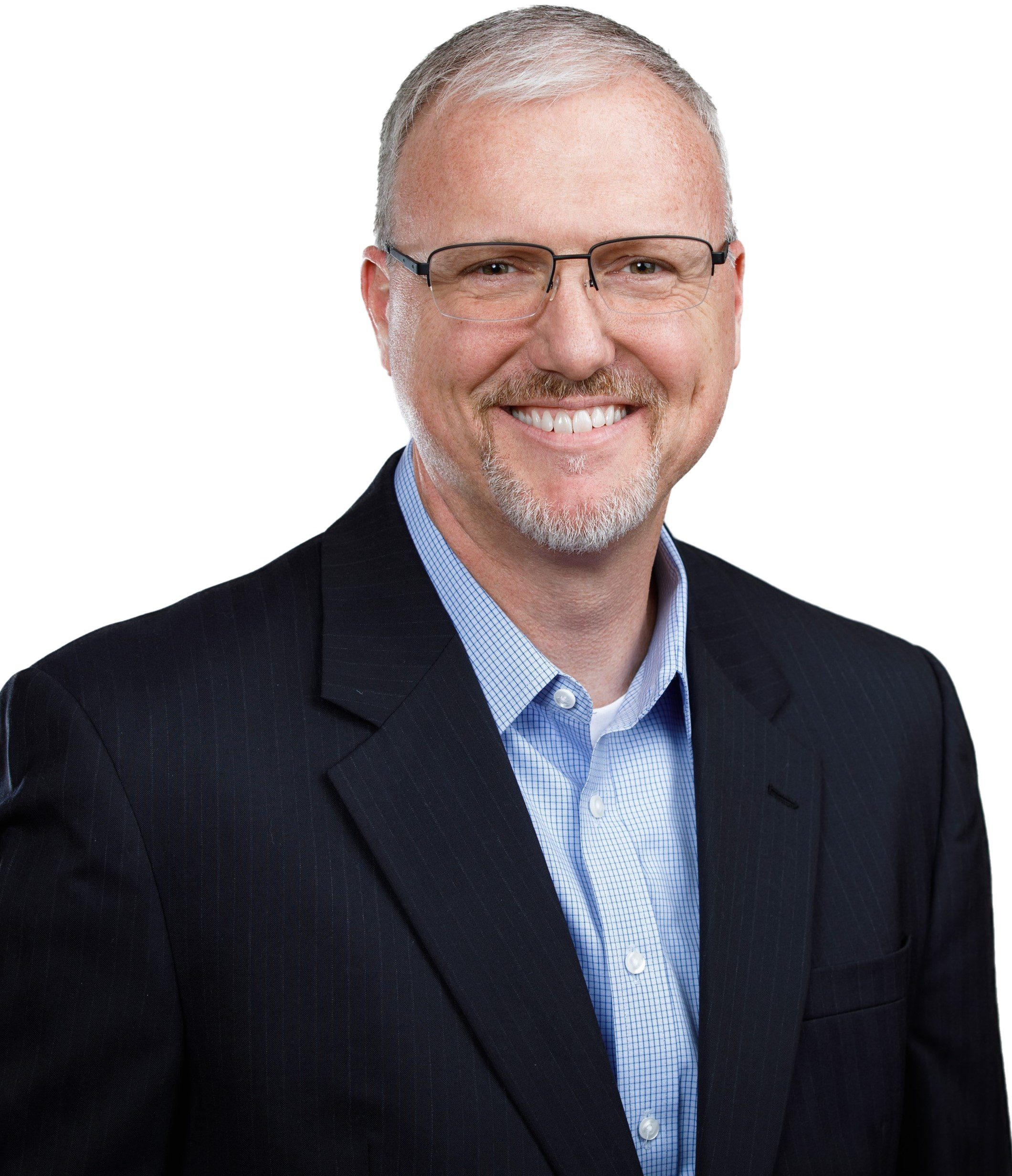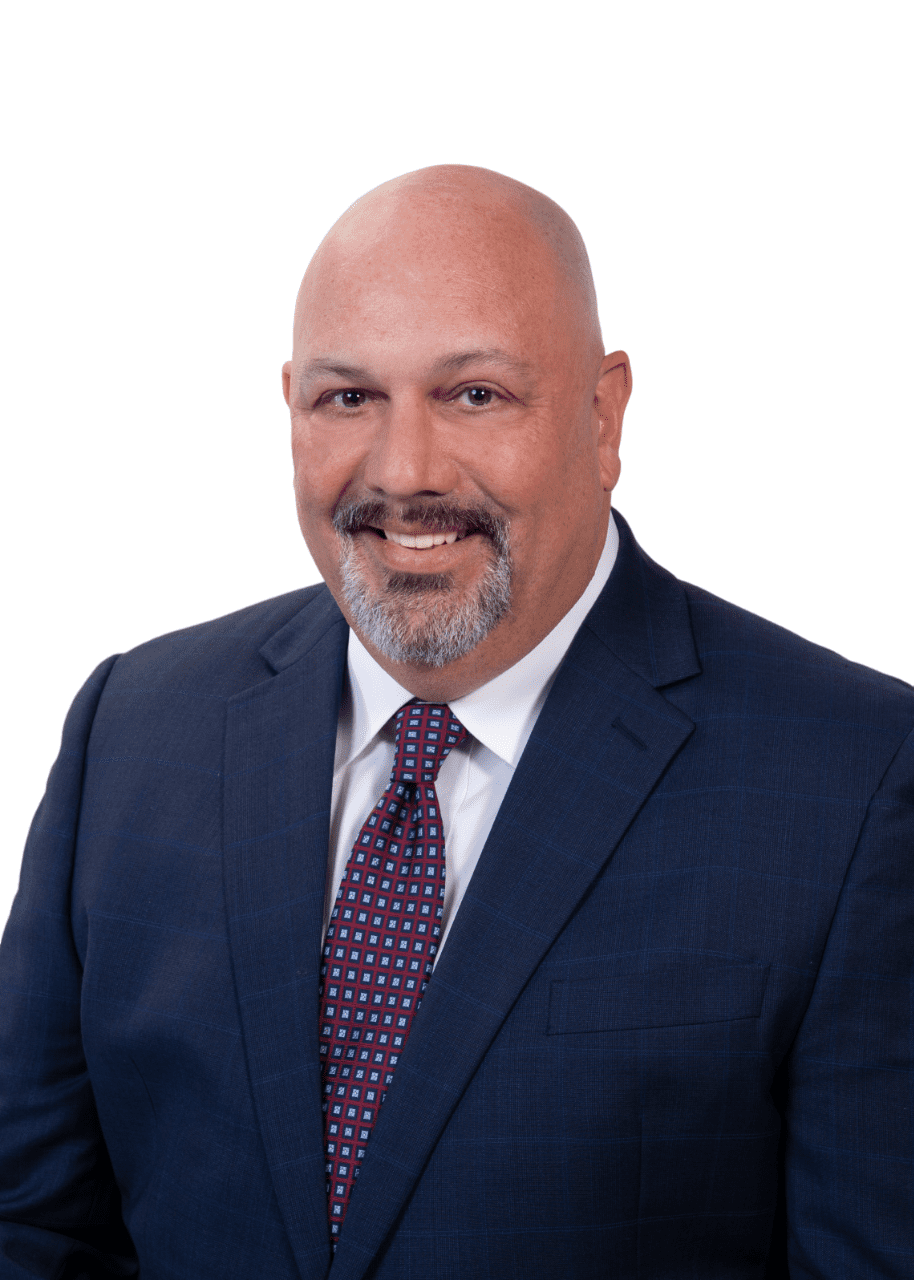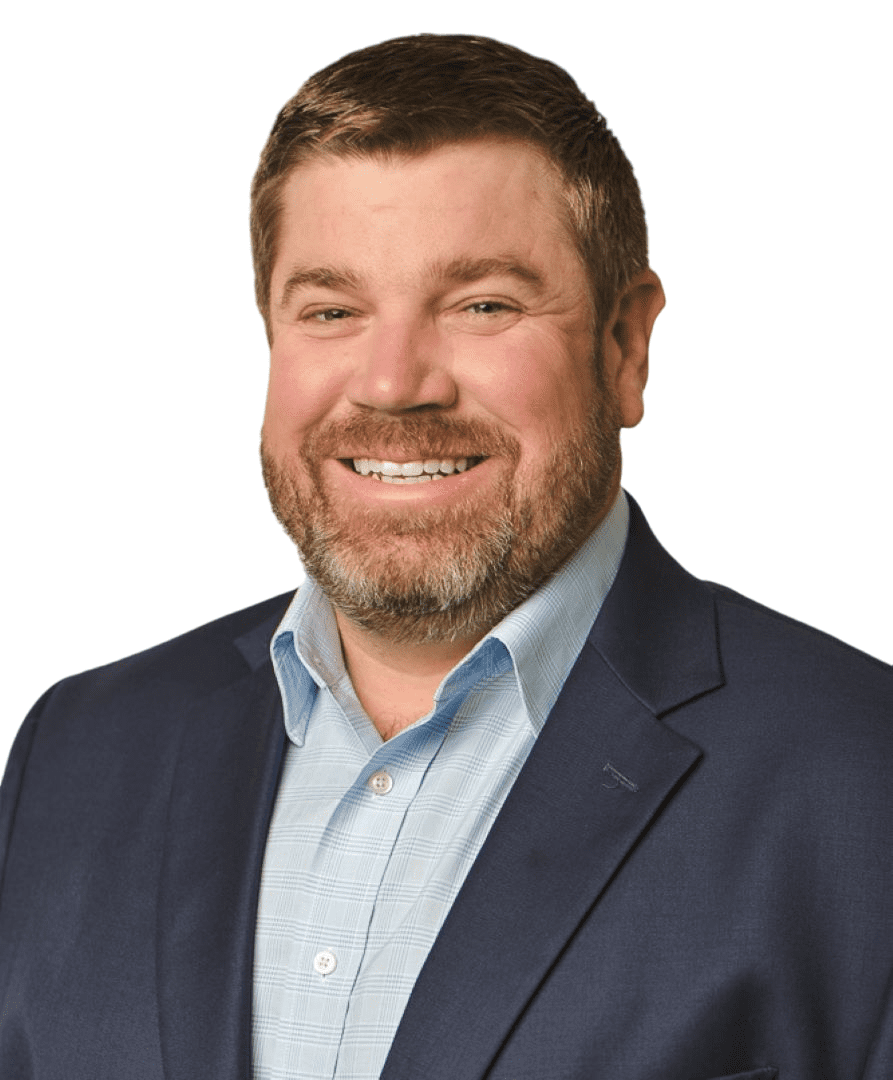Starting An RIA – What You Need To Know Before You Go
Fundamentals for Success
By Brent Nicks, Dan Garrett and Nolan Hughes
Subscribe to our original industry insights
Starting An RIA
Starting a Registered Investment Advisor (RIA) is an exciting journey, whether you’re breaking away from another firm or venturing out on your own for the first time. However, there are fundamental aspects you must understand before taking this step. Our podcast delves into the critical elements that can make or break your RIA launch, providing expert insights and practical advice. Many of these topics will be covered in-depth in future podcasts.
Components of a Successful Launch
In this week’s Oyster Stew podcast, experts Brent Nicks, Nolan Hughes and Dan Garrett provide an overview into things you need to think through and put in place to build a solid foundation for your firm’s success:
- Establishing Key Positions: Before you register your RIA, it’s crucial to have the right positions in place. We’ll explore what roles are essential and who should take on these responsibilities.
- Navigating Partnerships: If you’re bringing partners on board, it’s vital to have candid conversations about their expectations and contributions.
- RIA Compliance and Risk Management: We’ll provide an overview of the necessary compliance requirements when registering, including establishing a robust compliance program. If you’re transitioning from a broker to an RIA, you’re now a fiduciary. Learn what this means and how to set up your compliance program to meet regulatory standards.
- Operations Must-Haves: What systems do you need for your RIA? Should you build or buy them? We’ve seen firms succeed with both approaches, and we’ll help you decide what’s best for your needs.
- Choosing a Custodian: Selecting the right custodian is a critical decision. We’ll provide an overview of the factors you need to consider, with more in-depth discussions to follow in future episodes.
- Strategic Growth Planning: We’ll explore strategies to structure your firm for smooth growth over the next 2, 5, and 10 years, ensuring sustainable success.
The Strategic Partner You Need To Start Your RIA
Oyster Consulting offers comprehensive services to help you successfully navigate the complexities of RIA registration:
- Application and Documentation: We assist with filing your application and drafting essential documents, such as Form ADV Parts 1, 2, and 3, and a customized Code of Ethics.
- Compliance Programs: Our team develops tailored compliance policies and procedures, along with a detailed compliance calendar to ensure ongoing adherence to regulatory requirements
- Additional Support: Beyond registration, we provide services such as business continuity planning, information security policy development, and social media archiving.
Transcript
Transcript provided by TEMI
Bob Mooney: Welcome to the Oyster Stew Podcast. I’m Bob Mooney, General Counsel for Oyster Consulting. Starting your own registered investment advisor firm is an exciting opportunity. But before you take the plunge, there are several things you need to consider and put in place in order to build a solid foundation for success. Join us for the first in a series of podcasts on starting an RIA. In this week’s Oyster Stew podcast, Oyster RIA experts Brent Nicks and Nolan Hughes, along with the Operations and Strategy expert Dan Garrett, delve into the following topics to help you get the process started:
- understanding your motives for starting an RIA
- understanding key roles and responsibilities before registration
- risk management
- operations must-haves; and,
- your client and advisor recruitment strategy.
Let’s get started. Brent?
Brent Nicks: Thank you so much, Bob. This is Brent Nicks. I’m a Director with Oyster Consulting, here in our Governance, Risk and Compliance area, with 25 years senior directorship and compliance programs, and CCO for a few firms along the way. We’re here today with Dan Garrett and Nolan Hughes. I’m going to let them talk a little bit about themselves, but before I do so, just to let you know, we are longtime colleagues outside of being at Oyster, and I’m super excited to be with both of them here today. Dan?
Dan Garrett: Thanks, Brent. 35 years in the industry, working in FinTech broker-dealers, RIAs and clearing firms, usually wearing operations and technology hats. I joined Oyster just earlier this year. I think this is about my fifth or sixth podcast I’ve done. Super excited to be here with both of you – and this is such a great series on RIAs that we’re putting together. So happy to be here.
Brent Nicks: And Nolan, what about you?
Nolan Hughes: About 18 years industry experience, almost all in compliance with dual registrant firms, bank broker-dealers and the latter half almost exclusively with registered investment advisors.
Brent Nicks: Outstanding. I think any discussion of starting an RIA, because it’s certainly the business model that is accelerating in the industry versus a lot of the other models, the old broker-dealer model and some of the others along the way. But it’s important for anyone who’s considering this to really think about, why are you considering starting your own firm or generically breaking away from where you potentially are? Is it the economics of your current relationship?
There are several myths to being your own boss, to being your own firm: that the economics may be vastly superior, and you need to review for balance and understand what you’re taking on. When you step away from the relationship that you’re in, is it merely the entrepreneurship of being your own business owner? I can certainly understand that, having done that a few times during my life. Is it products or services? Is the current relationship that you have simply not supporting what you need to provide the services to your client? Or is it solely the service aspect of you don’t believe your clients are getting the best benefit out of the relationship that you have?
So, as you’re thinking through this, as someone considering starting your own RIA, I think where you are on that spectrum is super important – understanding what you need to do. And then as you start that, to develop an entity, you have partners, you have relationships. Is it you? Is it going to be more than you? So, as we think about that, Dan, what kind of roles are roles are super important for a firm to consider as they’re coming out of the gate?
Dan Garrett: Yeah. Well, as you know, like with the registration process, you have to have an org chart with certain key roles identified: President and Chief Compliance Officer among them. So, it’s very important, especially in partnership relationships, where you’re going out with maybe three or four colleagues, that you’re identifying who’s going to be in these different roles. Because it does matter, and it is published and put out there on the regulatory sites. So, the other thing that I wanted to touch on there, too is, it doesn’t mean that you need to be able to do all the roles and you have opportunities to partner again with your colleagues. You may be hiring resources like a sales assistant. You may even want to do some outsource or fractional leadership to bring into your firm, whether that’s on the compliance side, on the technology side, maybe sales and marketing. So, it’s just thinking about each of those opportunities and thinking about your own skillset and what you bring to the table, what your partner’s skill sets are, what they bring to the table, and then how to round that out with additional resources, either internally or externally.
Brent Nicks: I completely agree. Nolan, you and I, in a previous life were together with a significant RIA and an aggregator firm. And off of something Dan said, with a fractional management out of the gate or starting a firm, you’ve got limited resources. You’ve got a lot of hats. What’s your thoughts on what that balance looks like for someone who is used to being an advisor representative and now they’re tackling the rest of this?
Nolan Hughes: Well, I think right out of the gate, first and foremost you’re now running a business. You’re not just running a book. You’re running a business where you had previously only focused on one item. Now you’re focusing on all aspects of it. You know, keeping the lights turned on, keeping the bills paid, custodial relationships, vendor relationships, everything that goes with it. I think you have to look at your scalability and your growth plan. Everybody at first is going to have to roll their sleeves up and wear multiple hats. But I think you have to be forward-looking. You have to look past today, tomorrow. You have to look to where your business is going to go and plan ahead, looking at your human capital needs. Where can you start to offload some of those hats so you can focus on the one item you deem that best suits your skillset within your new RIA? And then, delegate and offload the rest, either through outsourcing to provide bandwidth and scale, or the hiring of human capital. Or, in the case of a team that’s got more than one individual, divvying up responsibilities there. Ultimately, that has to be done. No one person can do multiple things as well as they can do one.
Brent Nicks: I think something you said in there is super important, the point that you made about key skills. There will come a time where your growth projections, your growth plan may very well be impacted by the types of other things that you’re going to be taking on. And while those are exciting, because that means your firm is growing, you’re hitting the things that you thought you were going to hit, you need to continue to reevaluate those relationships and understand where fractional may no longer make sense, or where reaching for other resources may make sense for the firm to allow you to continue to stay up on your goals. Even more important, or equally important to that, would be in support of that growth, is having a defined structure to the program itself so that expectations are clear, and everybody’s understanding of where the firm is trying to get to be super in focus for everyone. And the underpinning of that, I think, is actually the compliance and support program as it goes. So, Nolan, I’m going to come back to you for just a half a second and, think about being out of the gate, what is important for a firm to have during that startup period? And what are the type of things that need to be considered early on as they’re building for that firm’s very first day?
Nolan Hughes: They have to have, first and foremost, a business plan. But they have to identify their target market. What type of clientele do they anticipate supporting? What type of products do they anticipate utilizing? More generically, what type of advisory services are they planning on offering? I think you have to define all of those first, and that kind of creates the waterfall of how they tailor their internal policies and procedures, how they tailor their advisory agreements, their disclosure documents. Custodial arrangements would also be impacted by some of those factors. So, I think Day One is really defining who they are, who they’re going to service, and how they’re going to service those clients.
Brent Nicks: Yeah, absolutely. And then Dan, we’ve done all of this, we’ve got at least conceptually operational, a compliance program in place. What is it that we need to make sure that we understand, as a new firm? What do we need to have in place to keep that running and to support it? Is that people, is that technology? What’s that need to look like?
Dan Garrett: Yeah. Well, Nolan hit it with the custodian. A lot of that is going to come from your custodian. The resources that you have around compliance and supervision – those tools will come from the custodian. But I think it’s really important. You need to start with legal advice. One thing we didn’t touch on. But this shouldn’t be just an old college friend; this should be somebody that has SEC experience and knowledge to help you with the registration process. In terms of operations, and this is an interesting one, and IT support, everyone needs it. It’s a commodity. There’s a ton of different firms out there that provide IT support, help you with setting up your PCs, your routers, your phones, and all of those types of things. And usually what happens, or I’ve seen happen, is you just go out and hire somebody because they’re local or maybe you know, somebody.
The issue with that is our industry is so heavily regulated and it’s critical that you are selecting a firm that has experience with it, that has worked with other RIAs and knows the type of things like cybersecurity, knows about your reporting structure to the SEC and potentially to FINRA, and what the regulations are specific to our industry with regards to your systems, and security, and privacy and those types of things. So, it’s one thing I definitely want to call out.
You need to get your operations down. Typically, what we see with a financial advisor who’s breaking away to start their own firm is they are type A – they’re creative, they’re outgoing, they’re great with relationship building, and so forth. They may not be great at running a company or getting into the details of operations. And so, it’s an area where there’s opportunities to partner hire, but you need a good operations person that’s dealing with your IT support, which is probably something you don’t want to deal with.
That is dealing with opening accounts, closing accounts, moving money, and working with your custodian or your broker-dealer that you’re working with to get all of those pieces done to help you focus on the things that you do, which is your relationships and building your book and your business. A good solid operations manager is going to help you deal with all the things that you don’t want to be spending your time doing. It’s a little bit of making sure you’ve got your IT down, a little bit of making sure you’ve got your operations processes and folks doing those types of things. And then dependency on your vendor and your custodian of choice. Then it’s very critical that you go with a firm that’s going to provide you, like you said Brent, the products and services that you need.
And it’s important for you to maintain that relationship. Don’t just turn it on and do your thing but be vocal. Meet with them on a frequency and find out what new offerings they’re providing, find out what is concerning them from a regulatory standpoint, and focus on just maintaining a good vendor relationship – not just with your custodian, but with your IT folks and any of the other tools that you may need to use. For example, CRMs, financial planning software, depending on your practice, those things are going to be critical to your service model and getting the right products in place. And then making sure that those products talk to one another is another critical thing that you should look at to make sure that you’re not just getting a bunch of different systems that don’t talk to one another, creating kind of an operational nightmare. So those are some of the things that I would focus on.
Brent Nicks: Excellent. I was actually thinking about that a second ago. I was going to specifically ask you, is it better to consider building your technology stack for this new firm, kind of a-la-carte, or to take direction from some of your primary vendors? I know there are certain relationships where custodians may have certain affinity programs, where they’ll advise you on what types of programs and software communicates with them, maybe a little more cleanly than some others. And do you have any thought about the validity of that, or maybe any truth to that statement?
Dan Garrett: You know, going back years and years ago, it was difficult to get your technology talking to one another. And with the advent of APIs and folks communicating better through different systems using the latest technologies, it’s gotten a lot better. But you still want to have that conversation with your custodian or your broker-dealer and say, what technologies, first of all, are you going to give me right out of the box? What are some of the a-la-carte technologies that you support in terms of API connections, where you’re sending data to different vendors so that you can start assessing before you even get into conversations with the vendors, which ones are going to play nice with your custodian? So, I think it’s important to go down that road. I’ve heard horror stories of people going out and buying software and then trying to get it implemented, and it takes a very long time to get in place where it just fails because it’s not talking to all the other systems. It’s a lot of overhead and a lot of work, especially around the CRM solutions, since it’s so critical to your business that you make sure you get one that can communicate data back and forth about your client’s activities and so forth.
Brent Nicks: Even as important is the human component to a lot of that. Having sat in and worked with a number of advisory practices considering joining a new RIA, and a lot of times at my previous firm, the conversations that we were having with these groups were the conversation around joining RIA, which would continue to provide them certain services or starting on their own and trying to educate on the balance. And you said it earlier, if you don’t have your operational back office in line early on, your advisor satisfaction is going to drop, your client satisfaction is going to drop, and that’s probably of all the headwinds. That’s probably the one that’s going to drag growth plans down quicker than most is simply the execution of what you’ve laid out to do. And, interestingly, sitting in those same meetings as individuals are looking to start their new firm or break away to join other like-minded advisors, the number of times the question, and this is maybe counterintuitive when you think about for advisors, but the number of questions that we received where they were very cognizant of the importance of their back office compliance programs and their back office support programs, knowing that they may have been attached to a firm that had a lot of technology numbers of people behind them doing a lot of functions that they’re now going to have to understand and potentially execute on their own, and being very inquisitive on what that looks like and the things that they need to consider and the things they need to do.
And I think this is a good time to remember that if you’re moving into this space, focus your time on the things that you’re really, really good at. And find quality resources for those that you’re not, you don’t have to understand the entire world. Just know that there are resources out in the world that can help you do those things.
You’re potentially making the decision to establish a new firm based on your philosophies, your investment strategies, your concepts of how you want to service your clients. Defining that firm is very much going to define the clients you want to find and the advisors that you want to recruit. And I think one super important point to make, and a cautionary tale, is recruit to that. Find those clients, find those advisors. Don’t come to the development of a firm where all is welcome. Maybe that’s not the best phrase, but chasing one-offs, bringing on multiples of clients or advisors that don’t necessarily fit the core firm that you’ve created, the practices that you want to employ are going to be such a time drain on your core business. You’re going to find that to be a headwind of your growth. So, Dan or Nolan, have you guys seen that?
Dan Garrett: Yeah, I’ve seen it, and it’s a cautionary tale for both the individual that wants to build a company for growth, or an individual that’s joining a company that’s built for growth. If you are only concerned about growth, it’s fine, but you need to be thinking about how are we going to grow the firm? How are we going to integrate the pieces that we’re bringing in? So, if we’re bringing in additional teams, how are those different teams going to integrate with one another? And then thirdly is, how do you operate? How do you maintain and operate the model? And I think we’ve all seen companies at these different stages and so forth, where they’ve grown really fast, but the things that they’ve purchased don’t quite fit together. And then they have a situation where they didn’t think about integration and operations.
And it’s a little messy, and it’s harder, the more acquisitions that you’ve made. You haven’t focused on integration, you haven’t focused on operations, the harder it’s going to be to deal with that, because you’re going to have more personalities, more folks that are doing different things that don’t quite fit together. So going to your point, and what Nolan has said, it is important to have that strategy of who you are and what you want to be, and recruit to that; but, also have the strategy on integration. How do we put two RIAs together? How are they going to work together? Are we going to have one RIA, is one going to focus on asset management, or is the other one’s going to focus on advising clients? Are we going to fold them all into one? And what does that look like?
So, having that strategy, and then long term, just the operations, how is this all going to operate? Who’s going to do what, what systems are we going to be on? Because the last thing you want to do is keep acquiring different firms and have them all on different platforms. What we see there is it becomes a compliance nightmare, right? You have now compliance folks that have to get into multiple systems and do reviews or do supervision, and it becomes very difficult and onerous.
Brent Nicks: Well, it becomes a conflict-of-interest nightmare being able to match that up and truly determine whether or not you are able to adequately identify those for sure.
Nolan Hughes: Something I’ll add to that – how many times have you heard advisors that are looking to break away? One of the things they talk about from a compliance standpoint is, “I’m tired of being managed to the lowest common denominator,” right? You hear it all day every day. Well, when you have a firm that is bringing in anyone and everyone regardless of what their practice looks like, that’s one of the things you create there, right? Dan, you mentioned it a second ago, the compliance nightmare. It’s very difficult for a firm to have a cohesive compliance program when you’re trying to cater to anything and everything. As a result, you end up with a program that is forced to manage to a lowest common denominator. On the other side, I don’t think I’ve met the owner of a firm yet that isn’t well aware of cost and doesn’t have a great desire to keep costs as low as possible. The more deviation you have, the more of those one-offs that you have, cost increases, you have to increase human capital to support it. You have to increase potential clearing relationships, technology vendors, all of that creates a more complex and costly back-office function to support it.
Brent Nicks: Onboarding is super important. We hadn’t really touched on it, but advisor recruitment is the beginning of that. But the onboarding process to get them to your firm, I don’t think is provided enough focus. And a lot of times this should really be a lengthier process for new advisors coming in, or as you’re considering expanding your firm, then I think sometimes the process is in that lack of focus on due diligence or maybe what the potential advisor’s book of business may look like. And client profiles, spending a little time with that, coming on board and having a defined onboarding process, clearly creating kind of that runway coming in, helps identify the conflicts of interest, helps you mitigate them potentially, or eliminate them before you ever bring them into the platform, and makes their experience better, smoother to the firm and allows you to manage to what you’ve defined the firm to be, rather than accepting a ton of these one-offs, sometimes unknowingly.
Brent Nicks: So, it’s super important. I think it’s an underutilized process in creating a well-defined onboard, whether it be simple meeting notes or using tools such as that to make sure that you’re hitting all of the steps as you’re bringing advisors on board. It could be any tool of that nature, but super important. And I think it’s, again, one where I don’t think firms spend enough time understanding the risks involved at the firm, and the satisfaction of those that you’re bringing onboard without having that clearly laid out.
Dan Garrett: Brent, I was just going to chime in. I think it works on both sides, right? If you’re an advisor joining another firm, those are questions you should ask. What does the playbook for recruiting look like? What does it look like for onboarding? How long is it going to take? What’s the process going to be? And what’s the growth rate and what does this company look like in 5 to 10 years? Because those things can change. A firm could be acquiring lots of different advisors that are at different custodians or broker-dealers, and at some point, they may want to bring those things together and get onto one platform. And the next thing you know, you’re having to repaper all of your accounts. So those are questions that you should ask, focus on the money, right? What’s the money going to look like for sure, but make sure it’s a good cultural fit. Make sure that the folks that are recruiting you and bringing you into their firm have playbooks and can give you a good laid out answer to what does that onboarding experience look like, and how long does it take? Just so you’re walking into the relationship with your eyes wide open. There’s no surprises.
Brent Nicks: If you think about it from the spectrum of a one-man shop, to where we’ve talked maybe in length here, a bit about the aggregator or the growth model. I mean, some folks are simply creating a firm because they want ownership, they want to manage it in the way that they see it, and they want to provide what they believe is the best possible service opportunity for their clients. But regardless of either one, you have technology concerns, you have time and resource concerns. It’s the same questions arise: what can I do effectively myself? Where do I need help? Where do I align myself with my custodian and my vendors to varying degrees? No matter what size firm you’re creating or what your end result that you’re looking for out of the firm, touched on some of that today. Looking forward down the road to talking about a lot of this hopefully in more depth and providing a lot more information. But Dan, final thought on what we talked about today?
Dan Garrett: Yeah, I think the biggest takeaway for me is just focus on what you do well, and find people to round out the skill sets that you don’t have, whether that’s partnerships or outsourcing. Focus on those things to be successful.
Brent Nicks: Good deal. Nolan, what about you?
Nolan Hughes: Kind of build on what Dan said, focus on those things, but don’t focus on just today. Look for scalability. Look for where you want to go, what your growth plan is going to look like, and build for that so you don’t run into scalability issues.
Brent Nicks: And then I would just throw in at the end here, having lived my career in this model, this RIA space, this fiduciary position, and working directly with clients to help them meet their goals, these are great opportunities and very fulfilling interactions with your clients, working as their partner and as their fiduciary. So I appreciate everyone’s time today. Thank you so much for listening. And we hope to see you again on a future Oyster podcast. Have a great day.
Dan Garrett: Thank you, Brett.
Bob Mooney: Thanks everyone for listening. If you’d like to learn more about our experts and how Oyster can help your firm, visit our website at oysterllc.com. If you like what you heard today, follow us on whatever platform you listen to and give us a review. Reviews make it easier for people to find us. Have a great day.





